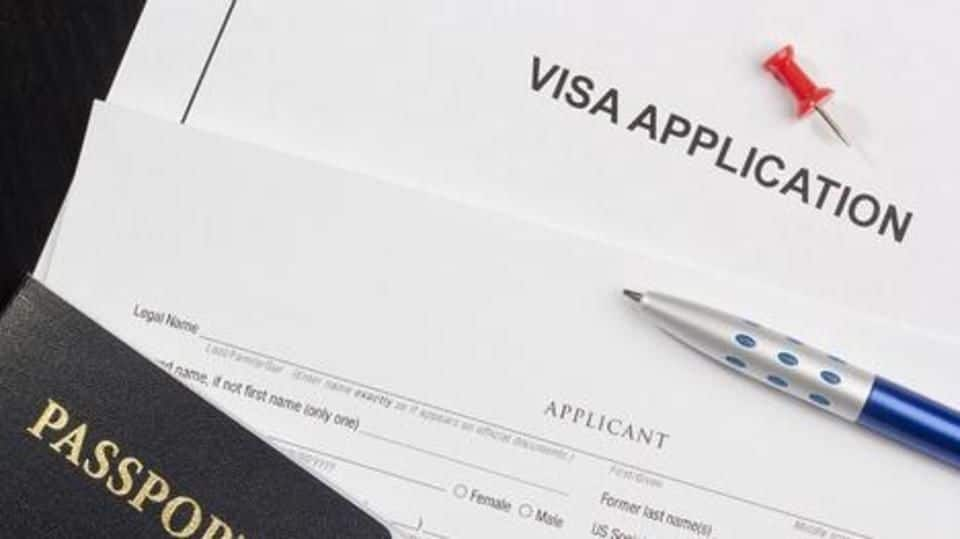
Trump's H-1B changes may lead to deportation of 7,50,000 Indians
What's the story
The Donald Trump administration is taking another step in its "Buy American, Hire American" initiative, possibly affecting 7,50,000 Indians. Reports say the Department of Homeland Security is reviewing a proposal to end extensions for H-1B visa holders whose applications for Green Cards have been accepted. The subsequently forced 'self-deportation' of thousands would "open up those jobs for Americans," a source told McClatchy DC Bureau.
About
The H-1B program and its significance for India
The H-1B visa program allows foreign skilled workers to work in the US. In 2016, 72% of H-1B visas approved went to Indians. The H-1B visa has a three-year validity and can be renewed for another three years. If approved for Green Card, workers can stay on using extensions, but Indians often have to wait years considering the massive backlog and per-country cap.
Proposal
Proposal under consideration can change the way extensions are granted
The administration is now reportedly examining the "may grant" clause that leave the decision on extension on the discretion of US Citizenship and Immigration Services (USCIS) officials. They are empowered to grant extensions from one to three years and often choose the maximum. However, "they can theoretically decide not to grant any extension at all," a lobbyist said.
Impact
The repercussions could be massive, especially for Indians
This could force 5,00,000-7,50,000 Indian H-1B holders to return home, "throwing hundreds and thousands of families into crisis". American companies will be impacted more than their Indian counterparts since they are more likely to apply for Green Cards for their workers. They, as well as the chamber of commerce, might protest. But will it have any effect is doubtful.
Changes
A series of changes earlier has already made things tougher
Trump's anti-immigrant stance has been visible in his schemes, including changes to the H-1B program: modifications being considered (or already approved) include changing the requirements for eligibility, boosting minimum salary under H-1B from $60,000 to $90,000, and disallowing spouses from working on the H-4 dependent visas. All these were aimed to make it harder for employers to bring in foreign workers.